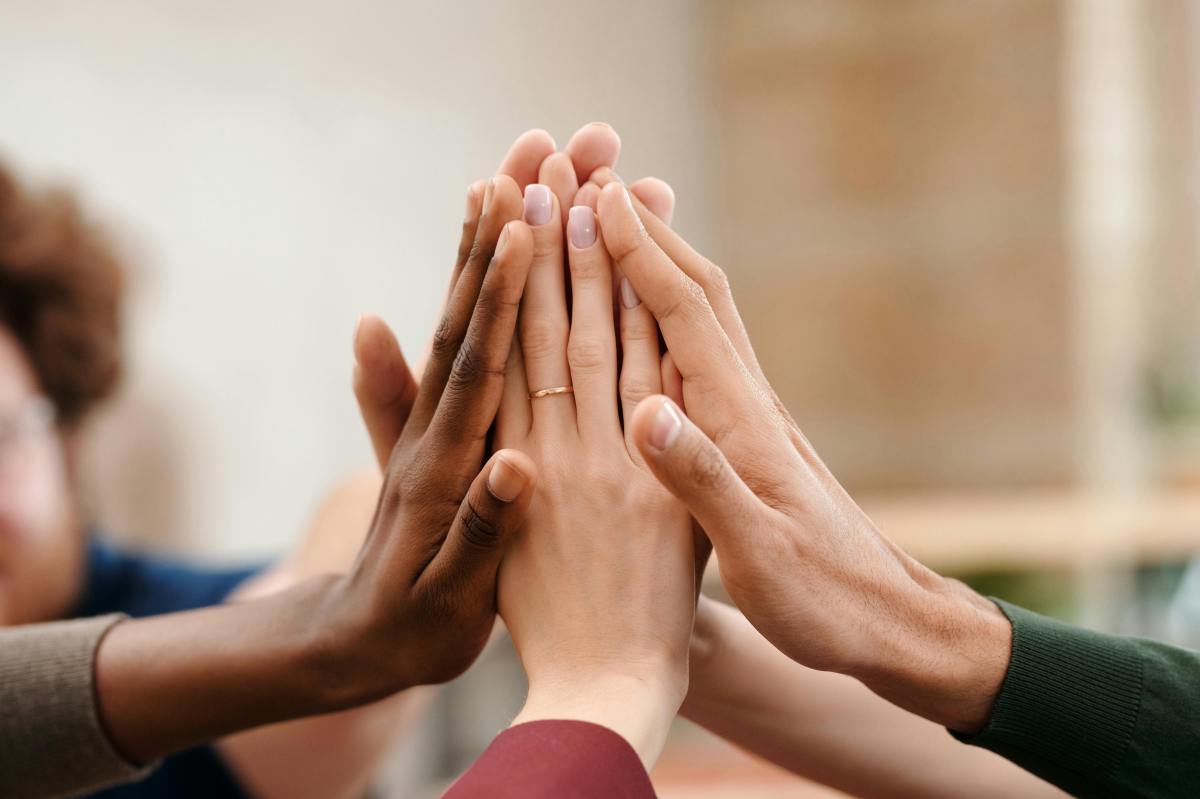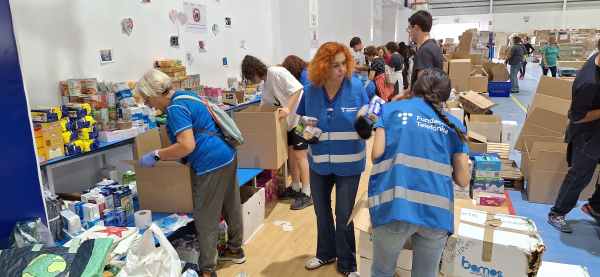Origin of the International Day of Human Solidarity
Since 2006, the International Day of Human Solidarity has been commemorated every December 20. This day was established the previous year by the General Assembly of the United Nations, one of the main UN bodies.
A resolution adopted on December 22, 2025 – 60/209 – recalls that “in the Millennium Declaration, the Heads of State and Government, inter alia, considered solidarity as one of the fundamental and universal values on which relations among peoples should be based in the twenty-first century and, in this regard, decides to proclaim December 20 of each year as International Human Solidarity Day”.
The birth of the UN was marked by a convulsive historical context that led, as the organization acknowledges on its website, to its being founded on the “basic premise of unity and harmony among its members”, expressed in the concept of collective security based on the solidarity of the participating states, called upon to unite “to maintain international peace and security”.
The United Nations also recognizes solidarity as “one of the fundamental and universal values on which relations among peoples should be based in the 21st century,” a spirit of solidarity that the organization also claims as relevant to “cooperation in solving international problems of an economic, social, cultural or humanitarian nature.”
UN objectives on the International Day of Human Solidarity
The UN places a number of objectives in the commemoration of this day of solidarity, one of them being the most obvious: to raise awareness of the relevance of solidarity.
Others are to seek initiatives to eradicate poverty, to encourage how to promote solidarity to achieve the Sustainable Development Goals or to remind governments to respect the commitments of international agreements.
What is solidarity?
We are talking about the commemoration of a specific day on solidarity, but what exactly does this concept consist of?
The RAE defines the term as “circumstantial adherence to the cause or enterprise of others”.
Solidarity can also be defined as a human value based on selflessly helping another person or group; that is, without expecting any kind of profit or retribution in return.
Characterized by altruism, solidarity tends to emerge in extreme moments, situations or circumstances such as wars or natural disasters of different kinds.
Another characteristic feature of solidarity is that it is voluntary, since it cannot be imposed or obligatory in any way.
As a curiosity, and also as proof that we are not dealing with a concept that has legal status, solidarity is not mentioned in the Universal Declaration of Human Rights.
Telefónica and solidarity
Solidarity associated with Telefónica can be found in different facets.
Unfortunately, a recent example of a natural disaster, as mentioned above, was the flooding caused by the DANA in some areas of Spain at the end of October, with special incidence in the province of Valencia.
Telefónica, its Foundation and its volunteers have been involved in this misfortune with different initiatives such as collecting materials, donating money or free calls and data in the affected areas.
The company’s chairman, José María Álvarez-Pallete, published a letter – entitled We are needed and we cannot fail – in which he emphasized that moments and situations as delicate as this one are what “define us as people, as citizens, as a company or as a society. Moments that put us to the test and demand that we respond. Moments in which we cannot remain indifferent”.
Christmas Solidarity with Fundación Telefónica
Christmas is also one of the times of the year when the solidarity of Telefónica Volunteers is at its most intense, helping those who need it most to enjoy special moments.
Cooking with people with intellectual disabilities, sharing a tablecloth with people in vulnerable situations or preparing food kits so that no one is left without being able to enjoy a special dinner are some of the activities related to the most supportive gastronomy.
Likewise, there are also initiatives to bring smiles to children and help them enjoy gifts or leisure activities that they would not be able to get without solidarity support.
Other activities promoted by the company’s volunteers include street markets, workshops, accompaniment and inclusive leisure activities.









